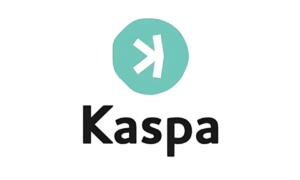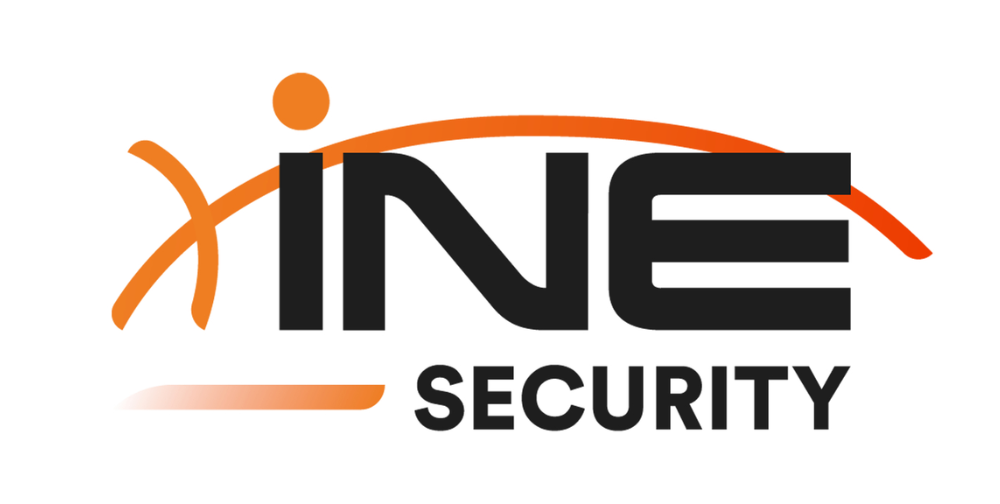Blockchain technology has introduced significant structural changes to various industries, including finance, logistics, and entertainment. One domain where its impact is increasingly visible is sports betting. Blockchain sports betting uses decentralized technology to facilitate wagers, store data, and manage transactions without relying on centralized authorities. This approach offers a distinct model compared to conventional online bookmakers.
This article provides an objective and detailed overview of blockchain sports betting, including how it operates, its technological framework, key features, associated challenges, and the involvement of platforms like Leon Bet.
What Is Blockchain Gaming?
Blockchain betting involves leveraging distributed ledger technology (DLT) to operate betting systems without relying on centralized servers. Rather than having a single entity manage odds, bets, and payouts, blockchain uses a decentralized network of nodes to process and verify each transaction. This decentralized model introduces a number of functional differences when compared to traditional betting approaches. Platforms like LEONBet are increasingly exploring such technologies to enhance transparency and operational efficiency.
A blockchain betting platform integrates smart contracts, token-based economies, and cryptographic verification to execute and record betting activity. It removes the need for intermediaries by executing automated agreements coded into the smart contracts.
In this system, once conditions are met—such as the outcome of a sports event—the smart contract autonomously processes the result and allocates the payout. The entire process is recorded on a blockchain, where it can be reviewed but not altered.
Advantages of Blockchain Betting Platforms
Transparency and Data Immutability
One of the core features of blockchain is its immutability. Every transaction or bet recorded on the blockchain is time-stamped and cannot be modified retroactively. This characteristic provides a transparent betting environment where data tampering is nearly impossible.
Platforms utilizing blockchain technology, including Leon Bet, can use this infrastructure to maintain clear records of wagers, odds, and outcomes. Users engaging with such platforms can verify information independently through the blockchain ledger.
Instant Settlement
Traditional sports betting systems often rely on manual processes or centralized databases for result confirmation and payout processing. Blockchain automates these operations using smart contracts, significantly reducing delays in settlement. As soon as the outcome of an event is verified and matched to the contract parameters, the payout is executed automatically.
This level of automation provides a consistent settlement framework that functions regardless of geographical location or business hours.
Enhanced Security Protocols
Blockchain-based systems apply cryptographic security measures, which minimize the risk of unauthorized access or data manipulation. Each user is identified through cryptographic keys rather than usernames or passwords, reducing vulnerability to breaches commonly found in centralized databases.
Anonymity and Reduced Identification Requirements
Decentralized betting platforms often allow users to interact using wallet addresses rather than personal details. While some platforms may require additional verification depending on jurisdictional regulations, the architecture supports pseudonymous participation by default.
Leon Bet, which integrates aspects of blockchain betting into its infrastructure, may incorporate certain layers of identity verification. However, the decentralized model inherently minimizes the exposure of sensitive personal data.
Leon Bet and the Role of Hybrid Models
Leon Bet operates in a hybrid capacity, utilizing traditional online betting structures while also integrating blockchain elements into specific operational areas. This hybridization reflects a transitional phase in the sports betting industry, where legacy systems begin to incorporate decentralized protocols without entirely displacing established models.
While Leon Bet does not function as a fully decentralized betting exchange, it leverages certain aspects of blockchain, such as secure data handling and automated processing, to enhance user experience. This model allows for a broader user base and interoperability between traditional fiat and blockchain-based systems.
How Blockchain Technology Operates in Sports Betting
Smart Contracts
Smart contracts are self-executing lines of code that automatically carry out the terms of an agreement when predetermined conditions are met. In sports betting, a smart contract might stipulate that if Team A wins a match, a specific payout is transferred to the bettor’s digital wallet. These contracts eliminate the need for manual oversight.
Oracles and Data Feeds
For smart contracts to execute based on real-world events, they require access to external data. Oracles serve this function by feeding reliable information—such as sports scores or match results—into the blockchain. The accuracy of these oracles is crucial, as incorrect data can lead to flawed outcomes.
Tokenization
Many blockchain betting platforms use native tokens for transactions. These digital assets serve multiple purposes, including staking, rewards, and transactional utility. Tokens can be specific to a platform or universally accepted cryptocurrencies.
Leon Bet, while primarily operating through conventional financial systems, may explore tokenized integrations as part of its long-term infrastructure roadmap.
Platform Architecture and User Interaction
The structure of a blockchain betting platform typically involves several interrelated layers:
- User Interface (UI): The visible part of the platform, often designed for simplicity and ease of use.
- Smart Contract Layer: Handles the execution of bets and settlement.
- Blockchain Layer: Ensures data storage, transaction confirmation, and consensus.
- Oracle Layer: Interfaces with external data sources.
Users interact with the UI to place bets, which are then recorded and executed through smart contracts. Outcomes are verified via oracles and settled through the blockchain infrastructure.
Leon Bet, with its hybrid model, retains a more traditional UI while integrating backend elements aligned with this layered approach.
Regulatory and Jurisdictional Considerations
Blockchain betting operates within a complex legal environment. In many jurisdictions, existing gambling laws do not yet fully address the implications of decentralized technologies. This legal ambiguity can impact both users and platform operators.
Platforms like Leon Bet, which incorporate elements of blockchain within regulated frameworks, must adhere to national and international laws. This often involves implementing compliance measures related to anti-money laundering (AML) and know-your-customer (KYC) requirements.
Technological and Operational Risks
While blockchain betting presents several advantages, it also introduces specific risks:
- Smart Contract Bugs: Errors in the code can cause unintended behavior or vulnerabilities.
- Oracle Manipulation: If data feeds are compromised, outcomes may be inaccurately recorded.
- Market Volatility: If platforms operate using volatile cryptocurrencies, the real-world value of winnings may fluctuate.
- Scalability Issues: Some blockchains experience congestion or high transaction fees during peak periods.
Leon Bet, by maintaining a semi-centralized structure, mitigates some of these risks by retaining human oversight and layered system checks.
Comparative Assessment: Blockchain vs Traditional Sports Betting
| Feature | Blockchain Betting | Traditional Betting |
| Data Transparency | High | Low to Moderate |
| Payout Speed | Instant (via smart contract) | Variable |
| Anonymity | Higher (wallet-based) | Lower (ID-based) |
| Regulatory Certainty | Evolving/Unclear | Established |
| Technological Complexity | High | Moderate |
| Platform Examples | Decentralized or Hybrid | Leon Bet and others |
This table illustrates how blockchain betting introduces new functionalities while also presenting distinct limitations compared to traditional systems.
Integration Possibilities for Existing Operators Like Leon Bet
For established operators, the decision to integrate blockchain is both strategic and technical. Incorporating blockchain elements can enhance transparency, automate operations, and reduce overhead costs. However, the transition also requires expertise in smart contract development, regulatory navigation, and secure infrastructure management.
Leon Bet exemplifies a practical approach, integrating blockchain components where they provide operational value while retaining the stability and familiarity of traditional systems. This enables the platform to adapt progressively without exposing users to untested systems.
Conclusion: Assessing the Trajectory of Blockchain in Sports Gaming
Blockchain sports betting represents a structural shift in how wagers are placed, recorded, and settled. Through features like smart contracts, decentralized data verification, and tokenization, it offers a technologically distinct model from conventional betting systems.
Platforms such as Leon Bet are beginning to explore hybrid models that combine the robustness of traditional betting infrastructure with the efficiencies and transparency of blockchain technology. The result is an evolving landscape where both models coexist, providing varied options for users with different preferences and technical familiarity.
As blockchain development continues and regulatory clarity improves, its role in sports betting is likely to expand—offering new operational standards and reshaping the betting ecosystem.

































